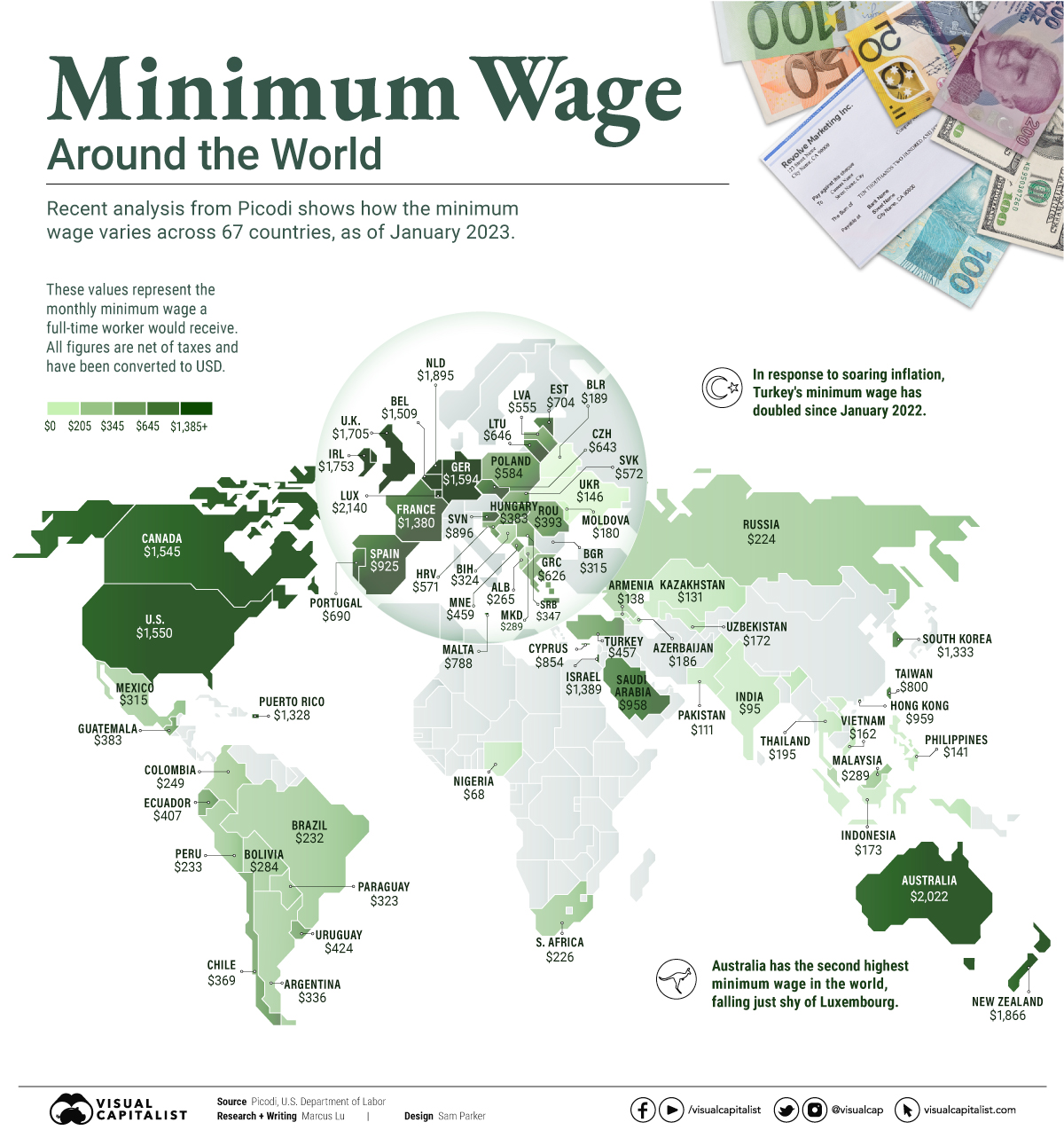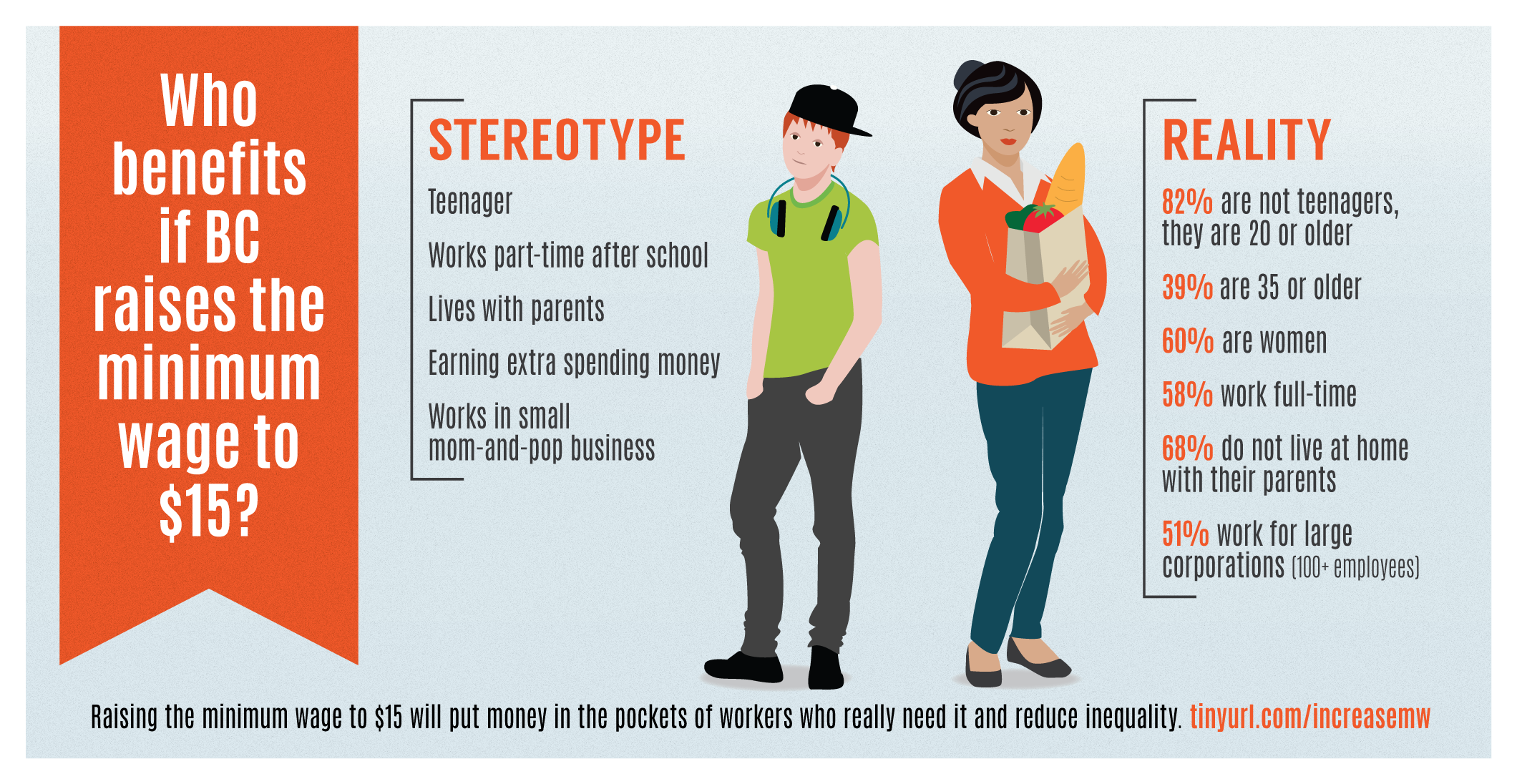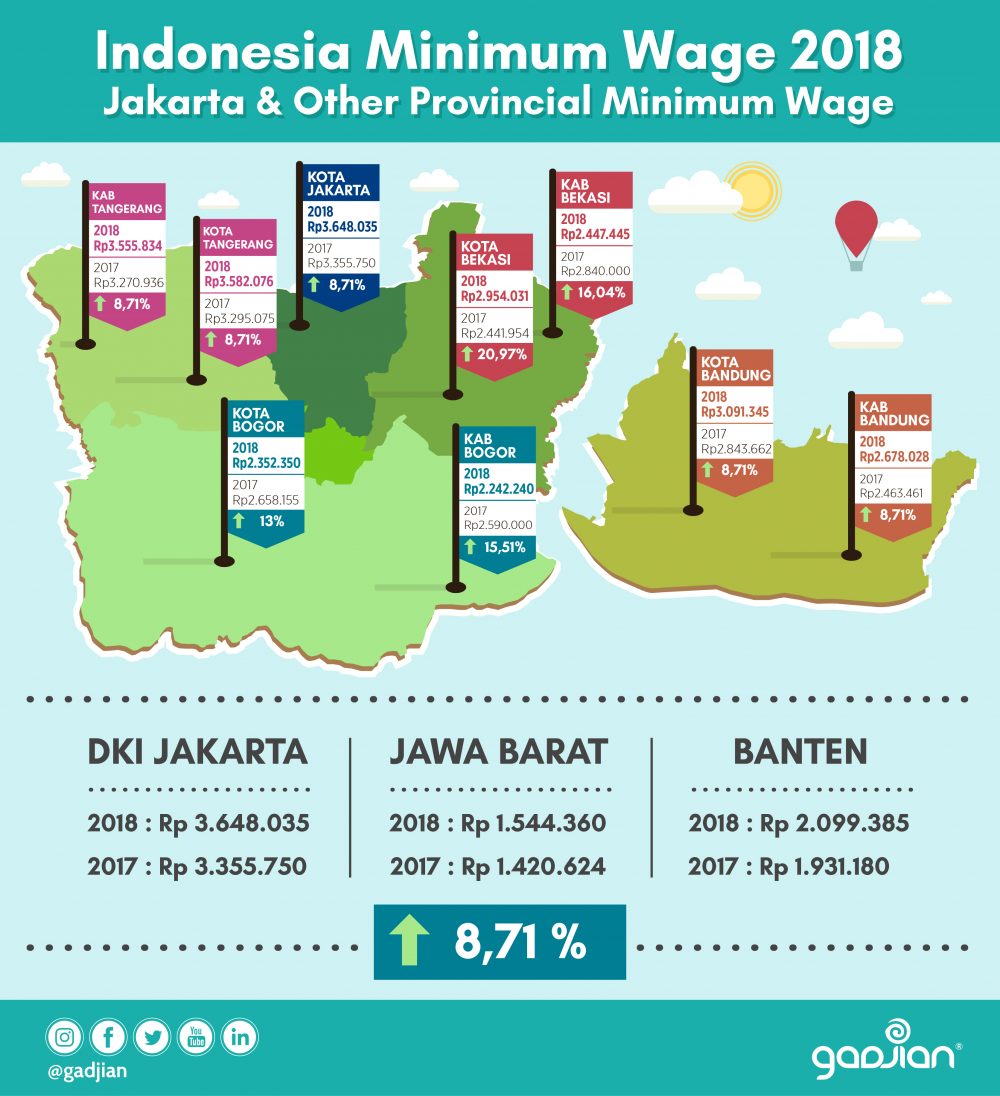Table of Contents
- How you know minimum wage increase was a success | ROI-NJ
- Minimum Wage Bumps Up in the New Year Across Illinois: How Much Will It ...
- You will be given the answer. You must give the correct question. - ppt ...
- The National Minimum Wage will go up from R25,42 to R27,58 per hour
- Minimum wage to rise in line with inflation from April 1 - VBW Accountants
- Minimum Wage Increases to Take Effect July 1 - MD|DC Credit Union ...
- Mapped: Minimum Wage Around the World
- Infographic Minimum Wage
- Infographic of Indonesia Minimum Wage 2018 (Provincial Minimum Wage/UMR ...
- 22 States Are Hiking Their Minimum Wage Next Week | Money



Introduction to State Minimum Wage Laws



State Minimum Wage Rates



U.S. Department of Labor Regulations
The U.S. Department of Labor is responsible for enforcing the FLSA and ensuring that employers comply with federal and state minimum wage laws. The department provides guidance on minimum wage requirements, including: Minimum wage rates for tipped employees Overtime pay requirements Exemptions for certain employees, such as those with disabilities or those employed by small businesses